Exceptional minds have always pushed the limits of human knowledge, significantly changing how we work, live, and see the world around us. From Aristotle to Einstein, these people have greatly impacted human history and will continue to influence future generations. Their discoveries have advanced humanity in previously unthinkable ways. Today’s article is about some of the great minds of all time.
Albert Einstein
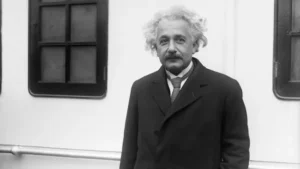
German-born in 1879, Albert Einstein was a well-known scientist and popular figure. His contributions to physics, including the well-known equation E = mc2, upended preconceived ideas and altered how we perceive the cosmos. His contributions to special relativity established the notion of the interconnection of space and time. It served as the basis for contemporary astronomy.
Aristotle
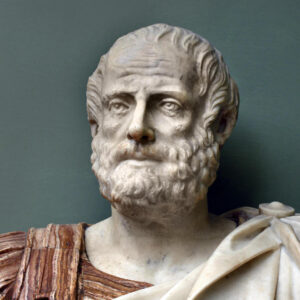
The famous Greek philosopher and polymath Aristotle lived in Ancient Greece from 384 to 322 BC. He is frequently regarded as the first scientist. His work primarily concerned political theory, ethics, rhetoric, aesthetics, and empirical biology. As a great mind, he distinguished between the three primary rhetorical devices of ethos, pathos, and logos, besides creating the theory of deduction.
Marie Curie

In Paris in 1891, Marie Curie came up with her discovery of radioactivity, which demonstrated that matter could change at the atomic level. She also assisted her husband, Pierre Curie, in discovering polonium. Together, they were awarded the Physics Nobel Prize in 1903, making Marie the first female recipient of the honor.
Alan Turing
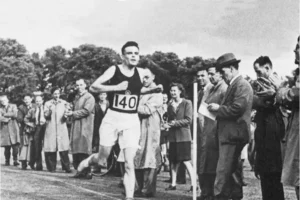
One of the great minds of all time is the British mathematician, theoretical biologist, computer scientist, logician, and cryptanalyst Alan Turing. He formalized the concepts of algorithms and computing with the Turing machine, significantly contributing to the advancement of theoretical computer science and artificial intelligence.
Plato

One of the first universities in the West was established by him—the Academy in Athens. “The Republic,” Plato’s most well-known work, examines reality, ethics, and political philosophy. He supported the pursuit of knowledge and reason.
Kant

He created a code of ethics, “class imperative,” that has influenced philosophy significantly. His school of thought was regarded as Kantianism, which calls for decisions based on generalizability. It remains influential in contemporary disciplines, including political science, theology, ethics, and epistemology.
Pythagoras
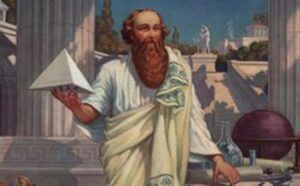
The Pythagorean theorem is attributed to the Greek mathematician and philosopher Pythagoras. Though its exact beginnings are unknown, he was a key figure in creating this mathematical idea and established the groundwork for contemporary geometry.
Thomas Edison
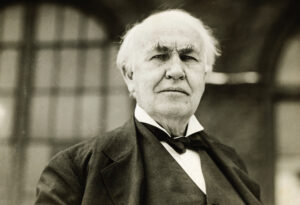
Edison is often regarded as the most prolific inventor in history, having amassed around 1,100 patents. In addition to helping create motion pictures, he enhanced the typewriter. The phonograph, tattoo guns, and lightbulbs are some of his innovations.
Isaac Newton
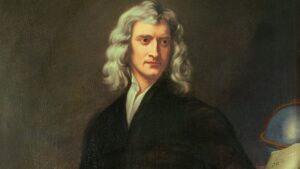
He made several important discoveries, such as the development of calculus. He published his work, the Principia, in 1687. Further, Newton contributed to studying heat, optics, color theory, reflecting telescopes, and mathematics.
Charles Darwin
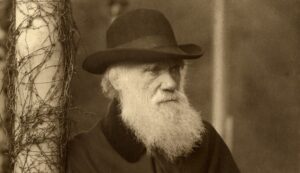
Charles Darwin, the famous scientist, formulated the theory of evolution. His hypothesis of natural selection-based evolution shattered the conventional theory and had a lasting impact on biology. Natural selection assumes that species can change over time due to environmental factors.
Nikola Tesla
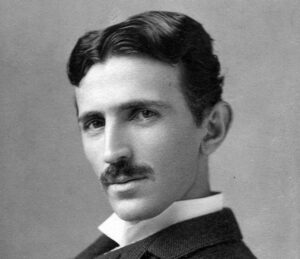
He is credited with creating the Tesla coil and alternating how electrical devices work. He pioneered electrical engineering and specialized in electricity, magnetism, and wireless power transmission.
Benjamin Franklin
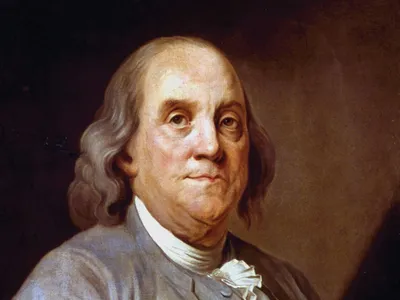
Historians call Benjamin Franklin the “First American. ” Known for his inventiveness and wide range of interests, he created the Franklin stove, swimfins, glass harmonica, bifocals, lightning rod, and more. He is also well-known for his electrical experimentation.
Mozart
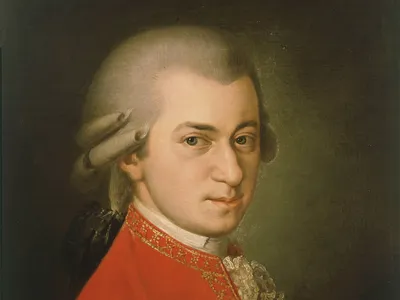
This musical genius composed his first symphony by the time he was ten. He wrote about 600 works, including symphonies, operas, and concertos. Mozart is one of the most important European classical composers accredited to date.
Max Planck
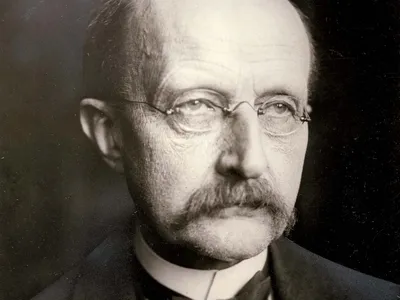
German theoretical physicist Max Karl Ernst Ludwig Planck was awarded the 1918 Nobel Prize in Physics for his discovery of energy quanta. Although he made numerous contributions to theoretical physics, Planck’s main claim to scientific recognition is his work on quantum theory, which fundamentally altered our knowledge of atomic and subatomic processes.
Socrates
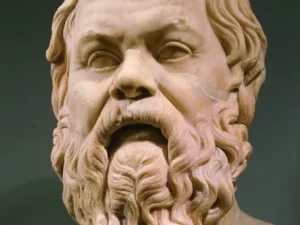
Socrates, an Athens-born Greek philosopher, is frequently considered the father of Western philosophy. He pioneered Socratic conversation, a literary style centered on instructing through interrogation.
Leonardo Da Vinci
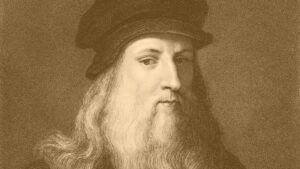
He is regarded as one of the greatest minds in history, having created masterpieces such as The Last Supper and the Mona Lisa. He also developed technological advancements such as flying machines, armored vehicles, and adding machines.
Galileo Galilei
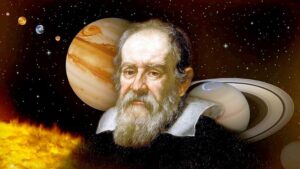
Italian mathematician Galileo Galilei made major contributions to modern astronomy. He discovered the phases of Venus and the four moons of Jupiter. Galileo’s advances in the study of motion prove that mass does not influence gravity.
Michelangelo
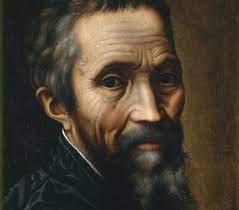
He was a legendary sculptor and architect, noted for the Sistine Ceiling, St. Peter’s Basilica, and Pietà. He also designed the Laurentian Library at San Lorenzo’s Church and a tomb for Pope Julian II, which featured his famous carving of Moses.
Stephen Hawking

With his research on black holes and cosmic inflation, English theoretical physicist and cosmologist Stephen Hawking transformed the field of astrophysics. He postulated that the cosmos expanded after the Big Bang and described how black holes emit radiation and evaporate. In addition to writing well-known works like “A Brief History of Time,” Hawking promoted science education. Regarded as one of the great minds of all time, Hawkin’s work transformed modern physics and enhanced the field’s commercial viability.
Nicolaus Copernicus
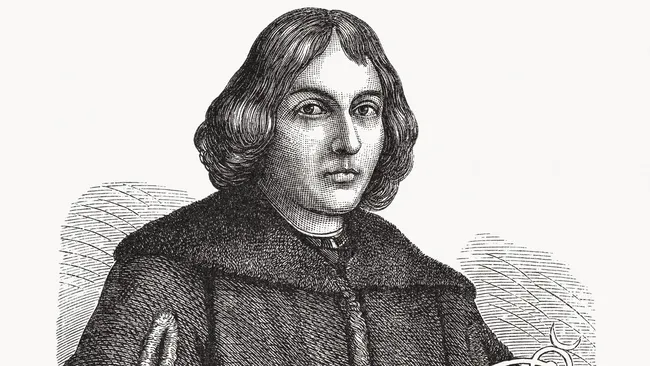
A pivotal moment in the history of science occurred when Copernicus published his model in his book ‘De revolutionibus orbium coelestium.’ This publication provided a trailblazing contribution to the Scientific Revolution. In 1517 and 1519, respectively, he developed the quantity theory of money and Gresham’s law economic principle.
These great minds of all time significantly influenced various disciplines and expanded our understanding of the universe through their contributions.



